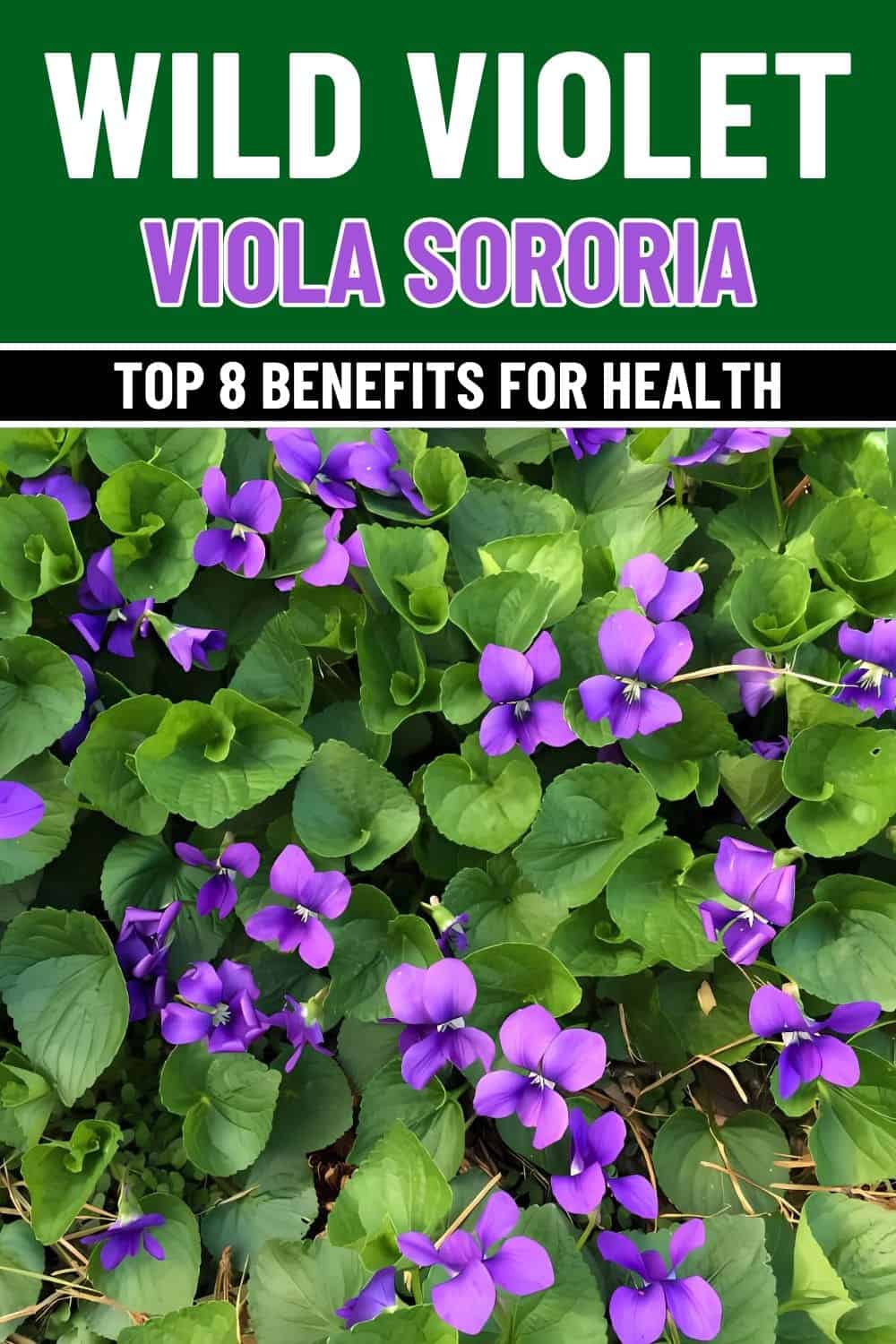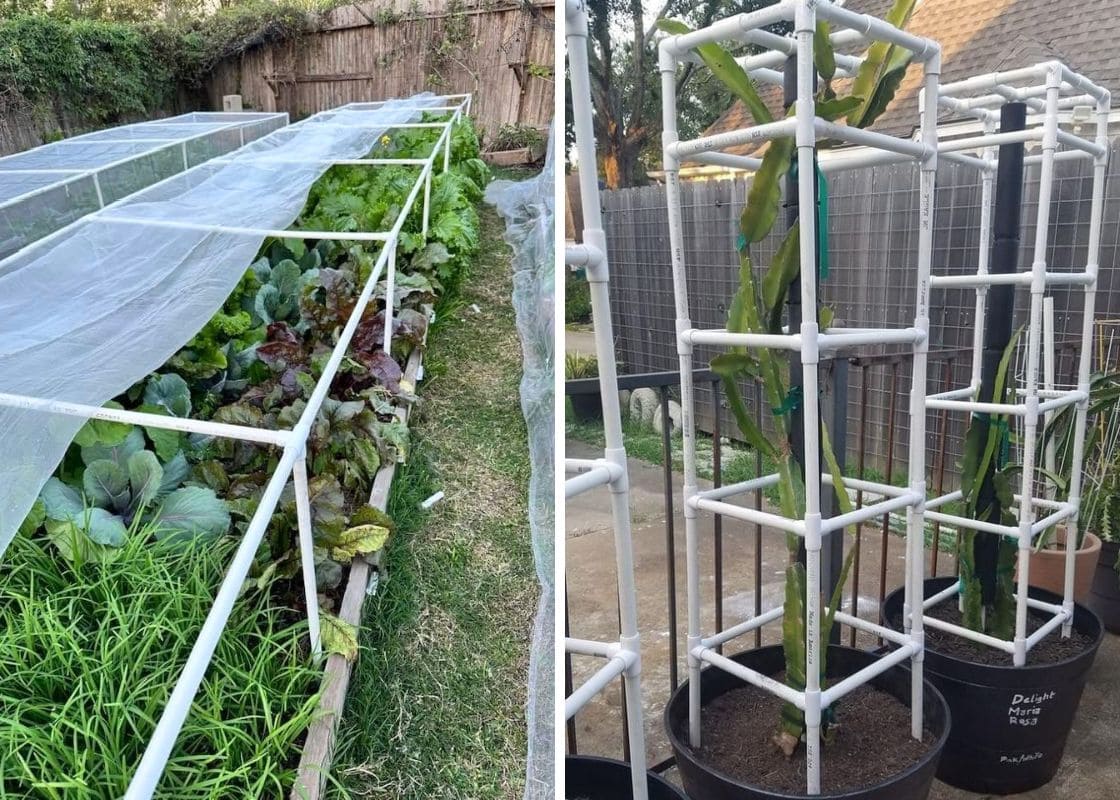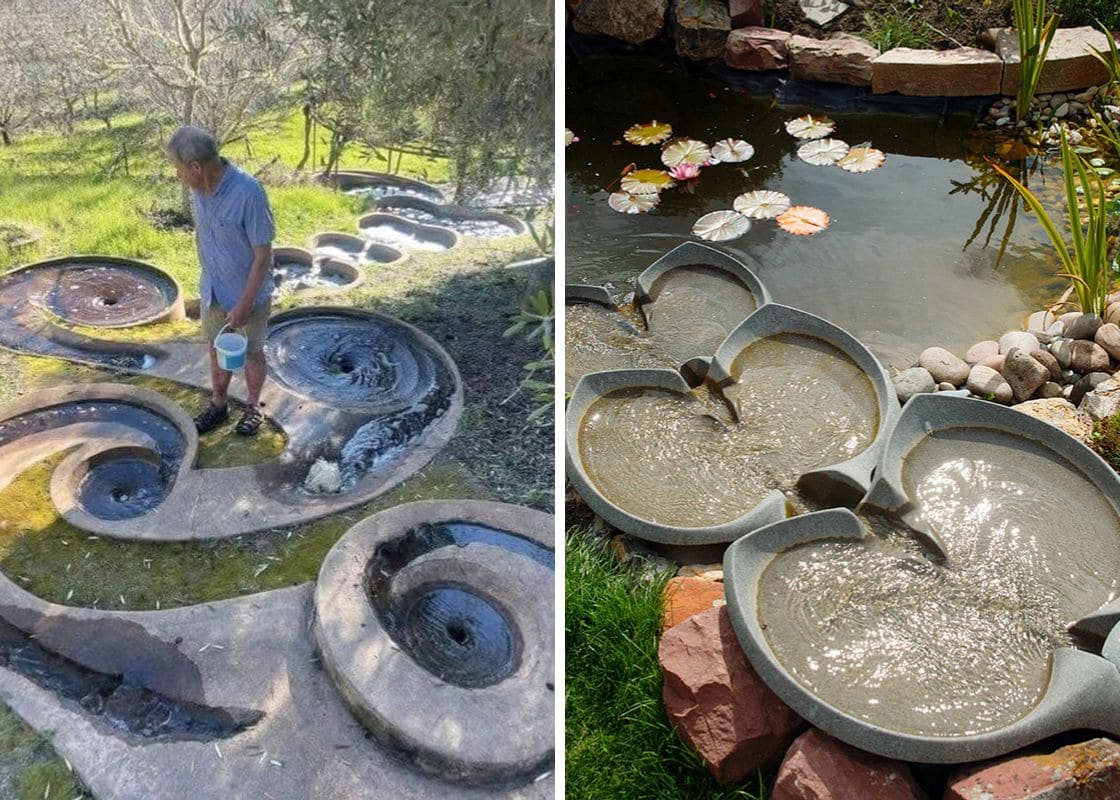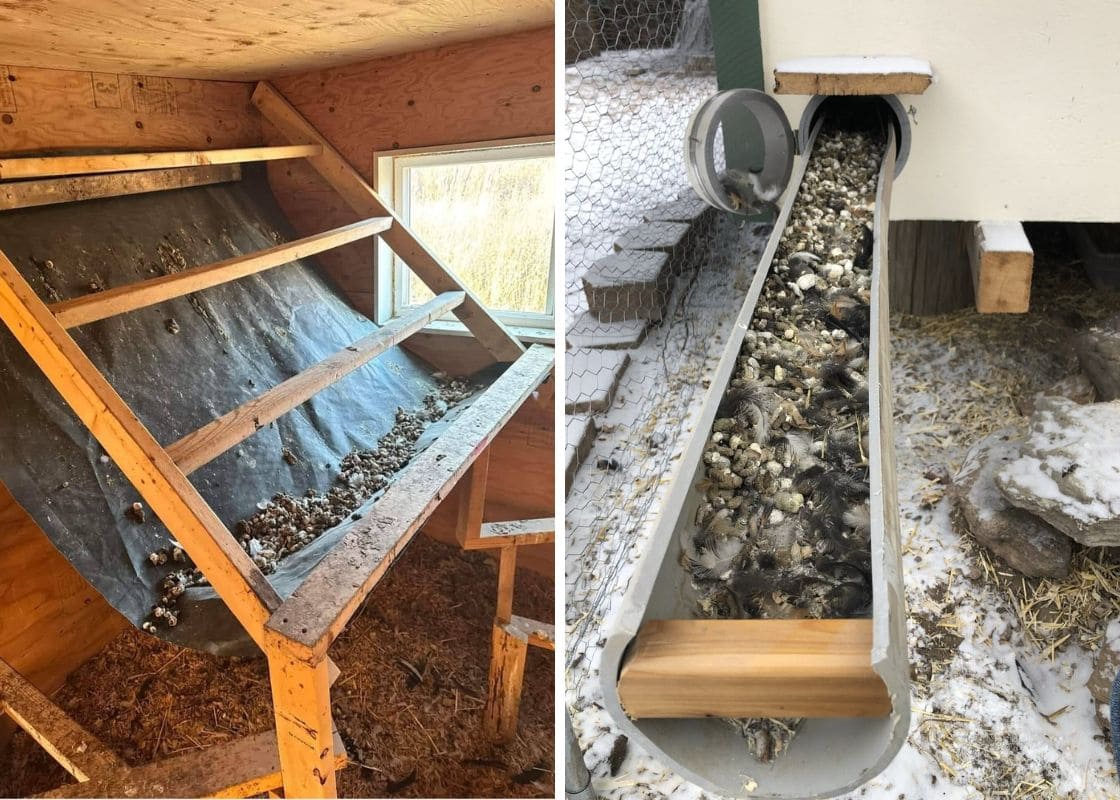Wild violets (Viola odorata), with their delicate purple blooms and heart-shaped leaves, are more than just a charming addition to your garden.
For centuries, these versatile plants have been used in traditional medicine for their powerful healing properties.
From soothing inflammation to boosting immunity, wild violets offer a range of benefits that make them a valuable addition to your wellness routine.
#1. Boosts Immune Health
Wild violets are rich in vitamin C, a cup of fresh violet leaves contains approximately 25–30 mg of vitamin C, supporting white blood cell production and helping the body fight off infections.
The plant’s flavonoids and antioxidants also enhance the body’s defenses by neutralizing free radicals that can weaken immunity.
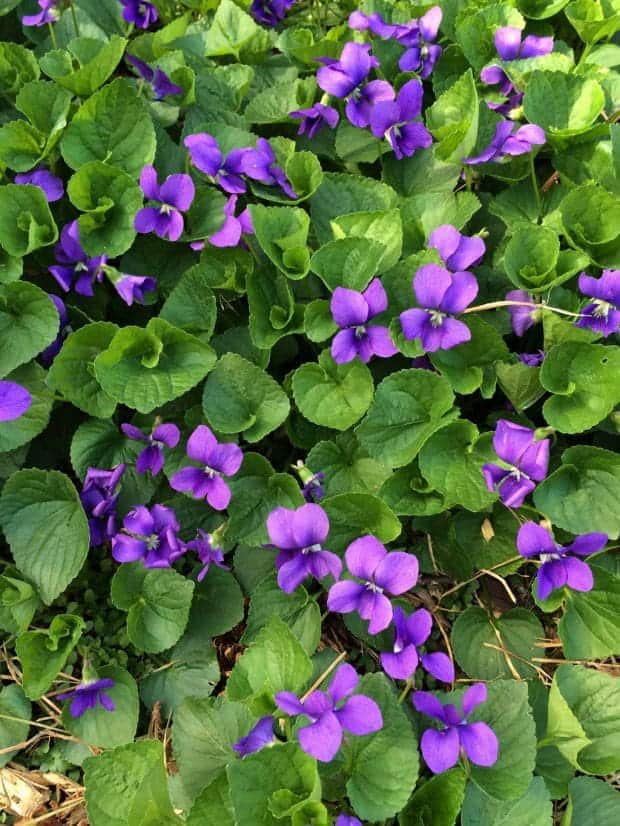
#2. Soothes Respiratory Issues
The mucilage in wild violets makes them an effective remedy for respiratory ailments.
This gel-like substance coats and soothes irritated mucous membranes, relieving symptoms of sore throat, coughs, and bronchitis.
In traditional herbal medicine, wild violet tea is often used to clear congestion and support lung health.
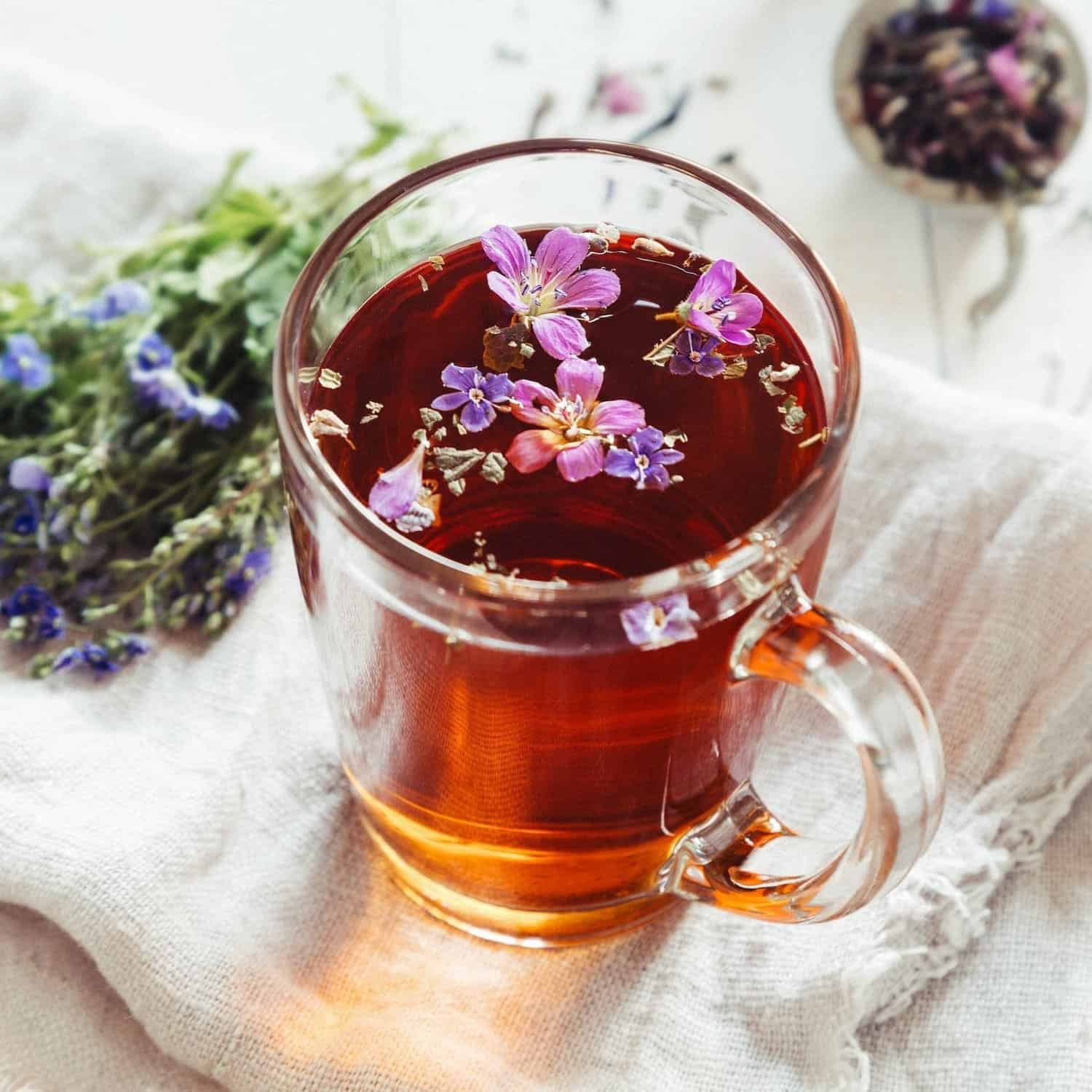
#3. Reduces Inflammation
Wild violets contain salicylic acid, a natural anti-inflammatory compound similar to aspirin. This makes them useful for reducing joint pain, swelling, and other inflammation-related symptoms.
A study published in Phytotherapy Research highlighted the anti-inflammatory effects of compounds found in violets, confirming their traditional use in managing arthritis and muscle soreness.
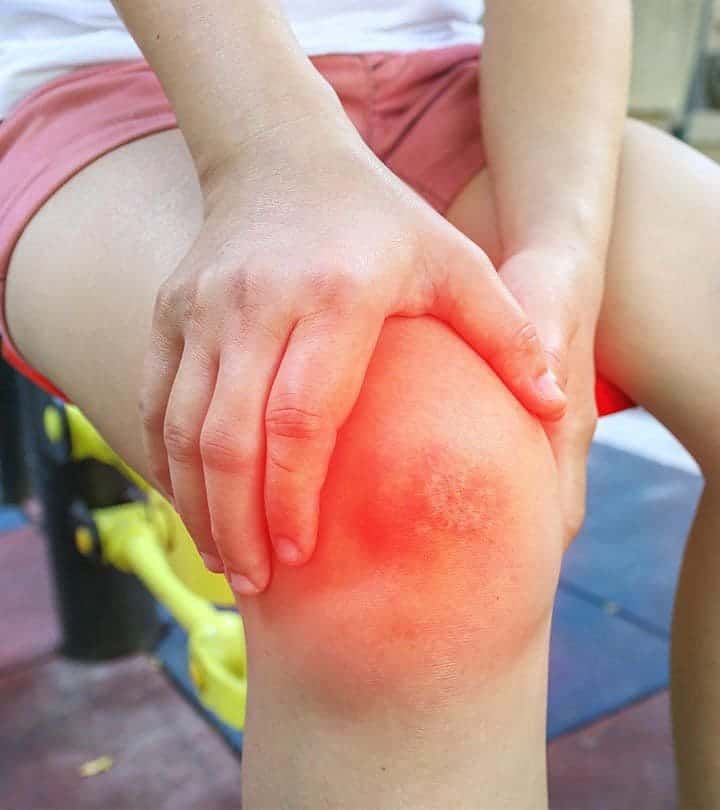
#4. Supports Skin Health
High in vitamin A and antioxidants, leaves and flowers of wild violet help soothe skin conditions like eczema, acne, and rashes.
The plant’s anti-inflammatory and antimicrobial properties promote faster healing of minor wounds and irritations.
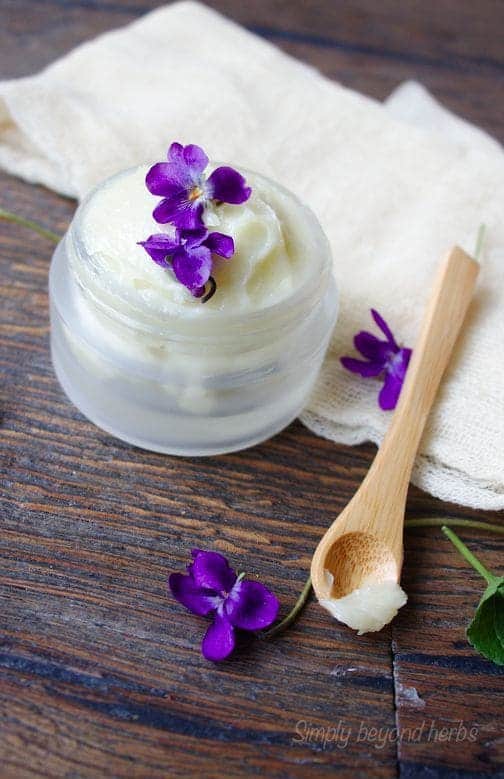
#5. Aids Digestive Health
The mucilage in wild violets also supports digestive health by soothing the stomach lining and promoting regular bowel movements.
This makes them a gentle remedy for conditions like gastritis, constipation, and irritable bowel syndrome (IBS).
#6. Detoxifies the Body
Wild violets have natural diuretic properties that help eliminate toxins through urine. This detoxifying effect supports kidney and liver health, promoting overall cleansing of the body.
Therefore, you can drink wild violet tea regularly to enhance the body’s natural detoxification processes.
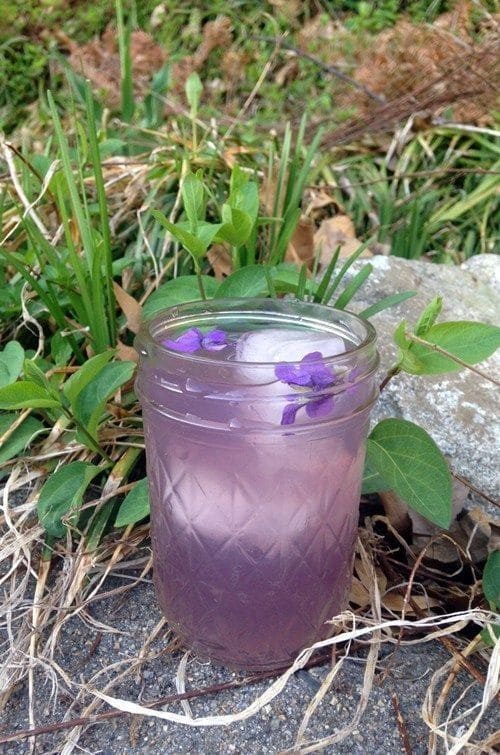
#7. Relieves Stress and Promotes Relaxation
The calming properties of wild violets make them an excellent herb for reducing stress and anxiety.
The plant’s mild sedative effects can help you relax and improve sleep quality. You can sip on violet tea in the evening to encourage tranquility.

#8. May Have Anticancer Properties
Preliminary studies have shown that compounds in wild violets, particularly cyclotides, exhibit anticancer properties by targeting cancer cells while sparing healthy ones.
Although more research is needed, these findings suggest that wild violets could play a role in cancer prevention and treatment.
How to Use Wild Violets
Wild violets are versatile and can be used in various ways:
- Wild violet tea: You can steep fresh or dried violet leaves and flowers in hot water for 5–10 minutes, then drink to soothe respiratory issues or promote relaxation.
- Topical applications: You just crush fresh leaves to make a poultice for skin irritations or minor wounds. Besides, you can infuse violet flowers in oil to create a natural moisturizer or balm.
- Syrups and infusions: You create violet syrup for use in beverages or as a natural cough remedy.
Precautions and Cautions
While wild violets are generally safe, discontinue use if you experience itching, swelling, or digestive discomfort.
Additionally, when foraging for wild violets, ensure you correctly identify them to avoid confusing them with non-edible plants.
Disclaimer
This article is for informational purposes only and should not replace professional medical advice, diagnosis, or treatment.
Always consult with a healthcare provider before introducing new herbs or remedies into your diet, especially if you are pregnant, breastfeeding, or taking medications.
